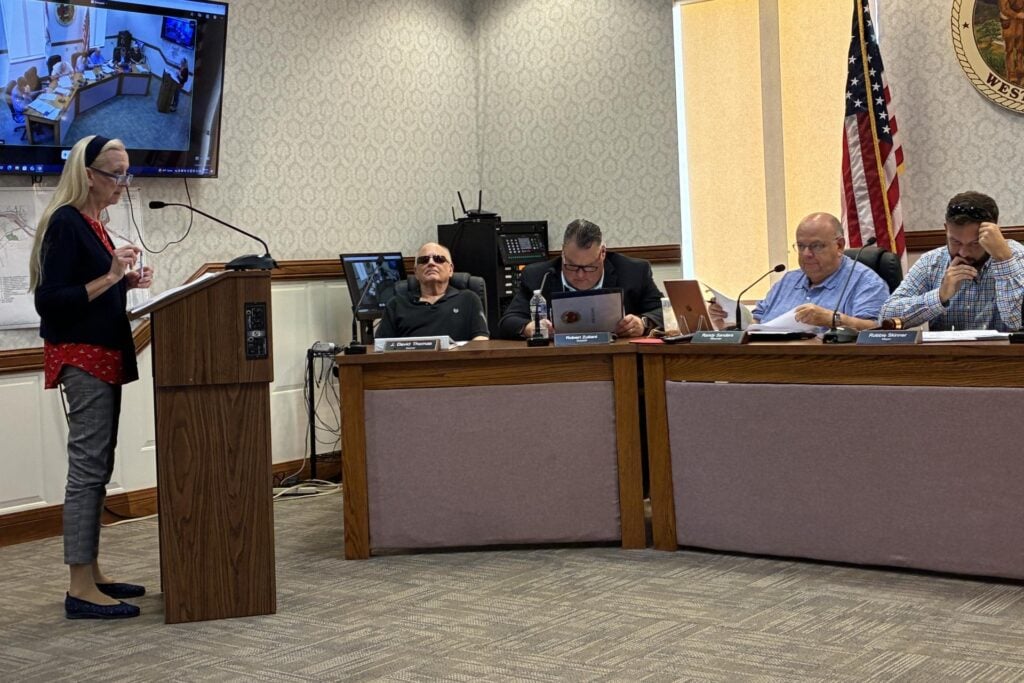CHARLESTON, W.Va. – As the invasive spotted lanternfly (Lycorma delicatula) continues to spread, the West Virginia Department of Agriculture (WVDA) strongly encourages citizens to check their vehicles and any materials being transported for the invasive pest. The insect’s spread is greatly enhanced through its ability to attach itself and egg masses to vehicles and materials that are transported from areas with populations of spotted lanternfly to areas that are not infested with the pest. The WVDA is asking those traveling to scan vehicles and items being transported to help stop the spread of the pest.
“We have confirmed a fourth county, in addition to Jefferson, Berkeley and Mineral, in West Virginia that now hosts the spotted lanternfly. Hampshire County was added to the list after a homeowner spotted the pest near Capon Bridge,” said Commissioner of Agriculture Kent Leonhardt. “We need folks to be vigilant if we are going to mitigate the spread of this invasive pest.”
The invasive plant hopper is native to China and arrived in North America hidden on goods imported from Asia. Since 2014, the insect has spread westward from eastern Pennsylvania. Juvenile spotted lanternflies, known as nymphs, and adults prefer to feed on the invasive tree species known as Tree-of-Heaven (Ailanthus altissima) but also feed on a wide range of crops and plants including: grapes, apples, hops, walnuts and other species of hardwood trees. Anyone that believes they have seen the spotted lanternfly insect should report their finding to the WVDA.
“The spotted lanternfly continues to be a threat to agriculture, ornamental plantings, forests and forest health in general. The WVDA has been busy treating trees over the summer to control the spread of the pest. As we enter the winter season, the focus will shift from treatments to inventories of spotted lanternfly egg masses and tree-of-heaven,” said James Watson, WVDA Spotted Lanternfly Coordinator.
The WVDA encourages landowners to inspect their property for adult spotted lanternfly, especially for properties that contain numerous tree-of-heaven and grape vines. The adults will be active for a few more weeks as they lay grey egg masses. As we enter a season of fall foliage, travelers to and within West Virginia are asked to inspect their vehicles, luggage and even their clothing for the pest as these inspections are paramount in stopping the spread of this insect. All spotted lanternfly should be killed on site and reported to the WVDA. For more information or to report potential spotted lanternfly sightings, contact bugbusters@wvda.us or 304-558-2212.












